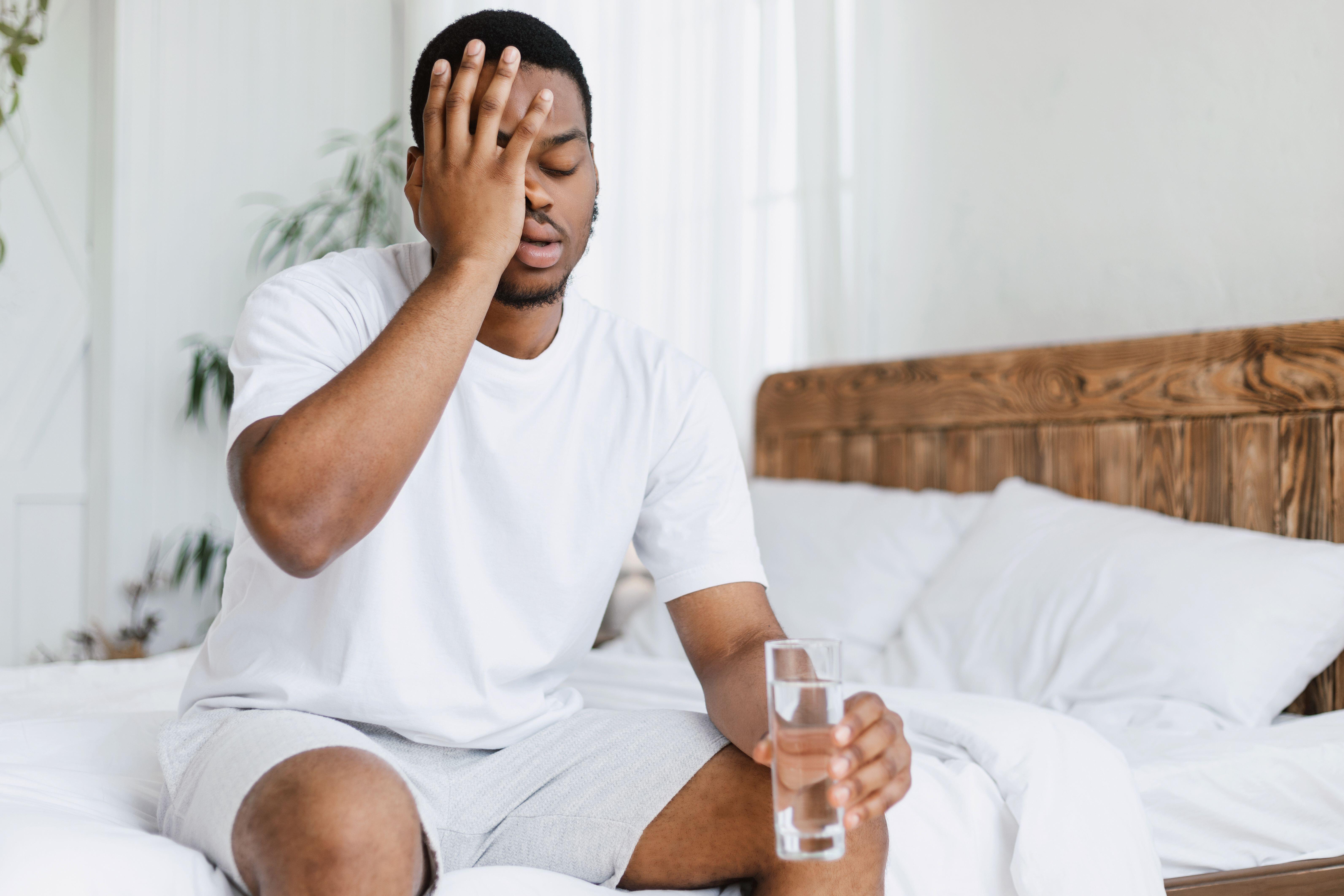A cure for hangovers could become reality - as scientists prepare for human trials of miracle pill
Animal tests of the pill suggest the pill significantly reduces blood alcohol levels when drinking

Your support helps us to tell the story
From reproductive rights to climate change to Big Tech, The Independent is on the ground when the story is developing. Whether it's investigating the financials of Elon Musk's pro-Trump PAC or producing our latest documentary, 'The A Word', which shines a light on the American women fighting for reproductive rights, we know how important it is to parse out the facts from the messaging.
At such a critical moment in US history, we need reporters on the ground. Your donation allows us to keep sending journalists to speak to both sides of the story.
The Independent is trusted by Americans across the entire political spectrum. And unlike many other quality news outlets, we choose not to lock Americans out of our reporting and analysis with paywalls. We believe quality journalism should be available to everyone, paid for by those who can afford it.
Your support makes all the difference.Scientists are on the brink of discovering a pill that could cure hangovers and shield the liver and other organs from alcohol-induced harm.
A pill containing gel to be ingested half an hour before a first drink of alcohol is currently in its latter stages of testing. It functions by converting alcohol into a harmless substance as it goes through the body.
The study, conducted by researchers at ETH University in Zurich, Switzerland and published in the journal Nature Nanotechnology, revealed that mice given the gel had nearly half the expected blood alcohol levels.
Six hours later, these mice also navigated a maze significantly faster than their counterparts which had not received the gel, while liver tests indicated no signs of inflammation in the gel group.
Typically, alcohol is absorbed through the stomach and intestinal lining, then enters the bloodstream, which ferries it to various parts of the body, including the brain, liver, and kidneys.
Within minutes, alcohol impacts the brain, prompting the release of dopamine and serotonin – the hormones responsible for that familiar buzz. However, continued consumption begins to suppress the central nervous system, impairing speech, vision, and coordination.
As the liver metabolises alcohol, it transforms ethanol into acetaldehyde, a compound that contributes to hangover symptoms such as headaches, dehydration, and fatigue. Eventually, acetaldehyde is converted into acetic acid, a benign substance expelled via the kidneys.
The gel intercepts alcohol in the stomach, converting it directly into acetic acid before it can enter the bloodstream. This acetic acid then passes harmlessly through the digestive system.
Devoid of its toxic elements, the alcohol no longer induces euphoria or hangovers. The researchers achieved this by combining iron, glucose, and gold, which together trigger a gut reaction that rapidly breaks down alcohol into acetic acid.
This mixture was integrated into a whey protein-based gel, designed to dissolve slowly in the gut, allowing it to be consumed up to 30 minutes prior to drinking.
With a patent application already in place, the researchers aim to conduct human trials soon.
However, the ultimate value of this gel remains in question. While the gel might assist those struggling to cut back on alcohol by reducing intoxication and mitigating liver damage, its economic viability for the general population is dubious, given the combined cost of the gel and the alcohol.
David Nutt, a professor of neuropsychopharmacology at Imperial College London said: “The obvious alternative is just to drink less or not at all.”
Join our commenting forum
Join thought-provoking conversations, follow other Independent readers and see their replies
Comments